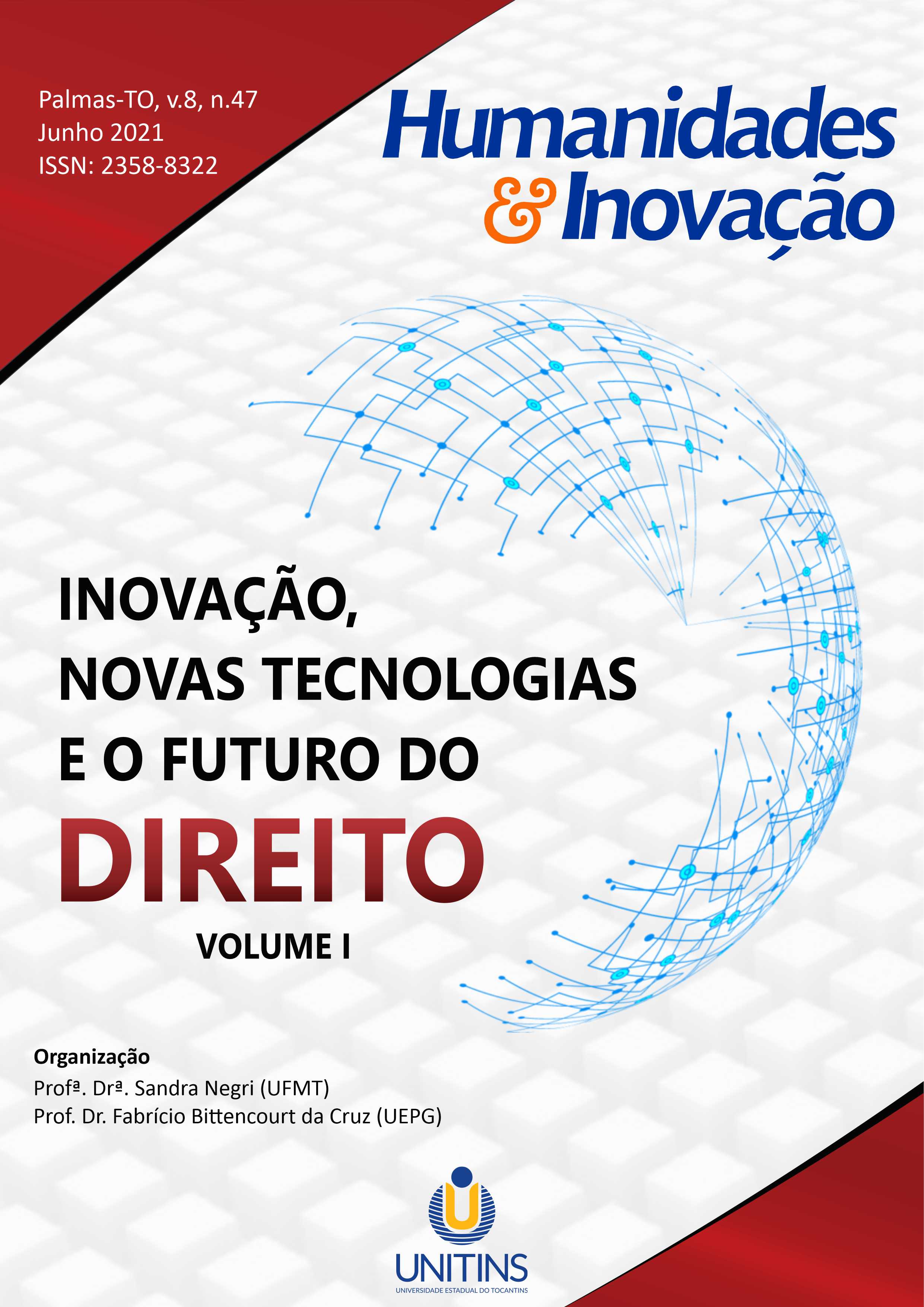TELEWORK AND THE POST-COVID-19 FUTURE: THE PORTUGUESE MINISTRY OF JUSTICE CASE STUDY
Resumo
This article aims to summarize the principal results obtained from a study of Portuguese Ministry of Justice employees (including courts employees) regarding telework. Employees’ perceptions were assessed concerning both the COVID-19 confinement (started at the end of March 2020) and post-COVID-19 scenarios. A quantitative approach was used and data was collected by the Directorate General for Justice Policy (DGPJ), Ministry of Justice, Portugal, through questionnaires applied online, between the 23rd and 30th of April 2020. It was possible to obtain 2,373 answers, from workers of 11 different entities (including courts workers). The authors explore the assessment of the transition into telework, the perception of quality and intensity of work performance (telework versus in person), the willingness to continue teleworking after the COVID-19 pandemic for employees already teleworking and the willingness to start teleworking after the COVID-19 pandemic for employees currently not teleworking. Results show the potential for more permanent change, beyond the COVID-19 crisis management. The authors encourage both the academic and praxis justice international communities to conduct, collect and share similar research both during and after the COVID-19 pandemic in order to amass a data historic that might be useful in the next crisis and inform a host of current debates.
Referências
BUTA, B., GUIMARÃES, T., & AKUTSU, L. Governance in the Brazilian Federal Public Defenders’ Office. International Journal for Court Administration, 11(1), 1-19, 2020.
CORREIA, P. Perceptions on Portuguese Ministry of Justice Agencies Leaders' Power: statistical evidence of gender differences among employees? Sequência, 38(75), 63-78, 2017.
CORREIA, P., & BILHIM, J. Differences in perceptions of organizational values of public managers in Portugal. Revista de Administração Pública, 51(6), 987-1004, 2017.
CORREIA, P., & BILHIM, J. The impact of Evaluation Systems on Employee Satis-faction: The Services of the Ministry of Justice. Revista de Direito Constitucional e Internacional, 27(112), 17-33, 2019.
CORREIA, P., & JESUS, I. Work Loyalty versus Position Held at the Portuguese Ministry of Justice: Statistical Evidence of Equality? Revista de Direito Constitucional e Internacional, 26(110), 291-309, 2018.
CORREIA, P., MENDES, I., PEREIRA, S., & SUBTIL, I. The Combat against COVID-19 in Portugal: How State Measures and Data Availability Reinforce Some Organizational Values and Contribute to the Sustainability of the National Health System. Sustainability, 12(18), 7513, 2020a.
CORREIA, P., MENDES, I., PEREIRA, S., & SUBTIL, I. The Combat against COVID-19 in Portugal, Part II: How Governance Reinforces Some Organizational Values and Contributes to the Sustainability of Crisis Management. Sustainability, 12(20), 8715, 2020b.
European Commission for the Efficiency of Justice (2018). European Judicial Sys-tems – Edition 2018 (2016 data): Efficiency and Quality of Justice. Council of Europe. Available at: https://rm.coe.int/rapport-avec-couv-18-09-2018-en/16808def9c.
GOMES, A., GUIMARÃES, T., & AKUTSU, L. The Relationship between Judicial Staff and Court Performance: Evidence from Brazilian State Courts. International Journal for Court Administration, 8(1), 12-19, 2016.
GUIMARÃES, T., GOMES, A., CORREIA, P., JESUS, I., & PIAZENTIN, T. Role conflict and role ambiguity in the work of judges: the perceptions of Portuguese judges. Revista de Administração Pública, 51(6), 927-946, 2017.
PEREIRA, S., & CORREIA, P. Sustainability of Portuguese Courts: Citizen Satisfac-tion and Loyalty as Key Factors. Sustainability, 12(23), 10163, 2020.
SILVA, R., GUIMARÃES, T., & SOUSA, M. What Judges Think about the Meaning of Their Work. International Journal for Court Administration, 10(1), 59-66, 2019.
A submissão de originais para este periódico implica na transferência, pelos autores, dos direitos de publicação impressa e digital. Os direitos autorais para os artigos publicados são do autor, com direitos do periódico sobre a primeira publicação. Os autores somente poderão utilizar os mesmos resultados em outras publicações indicando claramente este periódico como o meio da publicação original. Em virtude de sermos um periódico de acesso aberto, permite-se o uso gratuito dos artigos em aplicações educacionais, científicas, não comerciais, desde que citada a fonte (por favor, veja a Licença Creative Commons no rodapé desta página).











